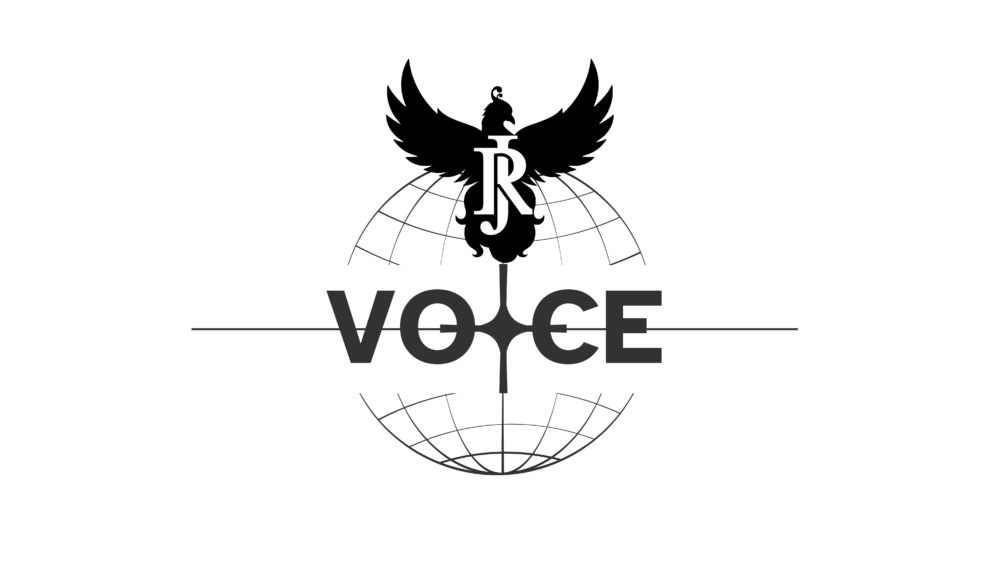Australia’s beef industry is capitalising on a growing opportunity in China as American exports grind to a halt due to rising trade tensions and punitive tariffs.
The U.S., which exported more than $2.5 billion worth of beef to China last year, has seen its trade virtually cease. Roughly 300 American meat processors are still waiting for export licence renewals from Chinese authorities, effectively cutting off access to their third-largest beef market.
Although some shipments managed to reach China earlier this year, industry insiders report that American beef exports have now all but stopped. The halt follows a tit-for-tat trade war escalation, with China slapping retaliatory tariffs on U.S. goods in response to sweeping tariff hikes introduced by President Donald Trump.
The U.S. Meat Export Federation said beef producers are suffering the brunt of the fallout, warning that China has yet to uphold its obligations under the Phase One Economic and Trade Agreement.
With the door closing on U.S. beef, Australian exporters have stepped in to meet demand. Data from Meat and Livestock Australia shows that grain-fed beef shipments to China surged to nearly 22,000 tonnes across February and March—up almost 40% from the same period last year.
Speaking at a meat industry conference on the Gold Coast, Bindaree Food Group’s Andrew Simpson said the shifting global trade environment was generating short-term gains for Australian producers.
“If China and Japan respond with tariffs of their own, it could make U.S. beef unaffordable in those markets, giving Australian exporters a chance to fill that void,” Simpson said.
According to global meat analyst Brett Stuart, Australia is now the only major supplier of premium marbled white fat beef to China. He noted that U.S. exports had dropped to zero since mid-March, with combined Chinese tariffs on American beef now reaching 116%—a level that has essentially frozen trade.
While these developments have opened new doors for Australia, some experts warn the benefits may be fleeting. Shadow Trade Minister Kevin Hogan said any economic slowdown triggered by the ongoing trade conflict between the U.S. and China could dampen international demand, affecting Australian exporters in the long run.
“Yes, we may see a short-term bump in exports, but if this dispute slows growth in those economies, it could reduce demand for many of our other export goods,” Hogan said.
Meanwhile, Rabobank strategist Michael Every argued that the global narrative surrounding the tariff war overlooks the broader strategic shift underway. Speaking at the Food Futures conference in Darwin, Every said countries like Australia need to prepare for a new world order in trade.
“We’re now in an age where economic decisions are driven by national security and geopolitical interests, not inflation or budget targets,” he said. “The U.S. is drawing a line, asking its allies—including Australia—to choose sides. Those who don’t align may find themselves isolated.”
With Chinese demand on the rise and U.S. supply restricted, Australia’s beef sector is enjoying a rare moment of dominance. But as geopolitical tensions escalate, the long-term landscape remains unpredictable.































































